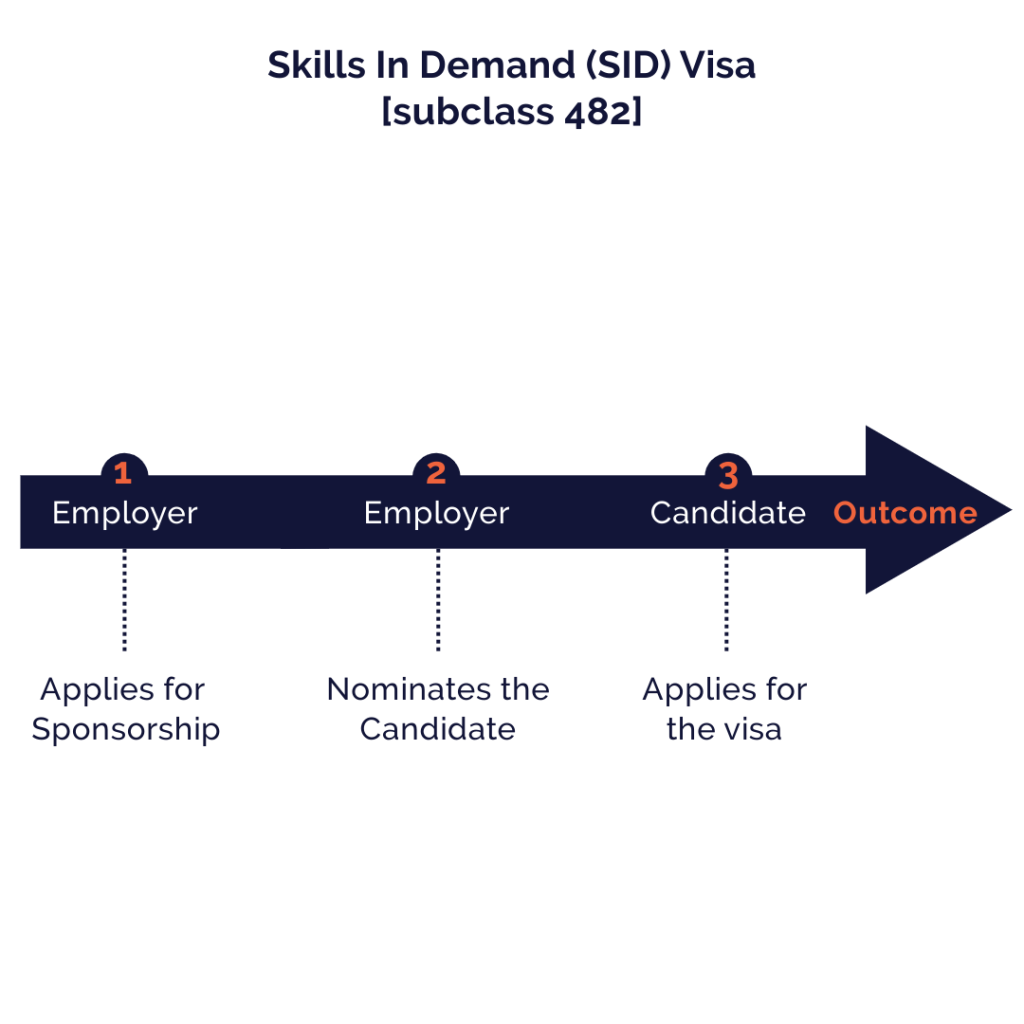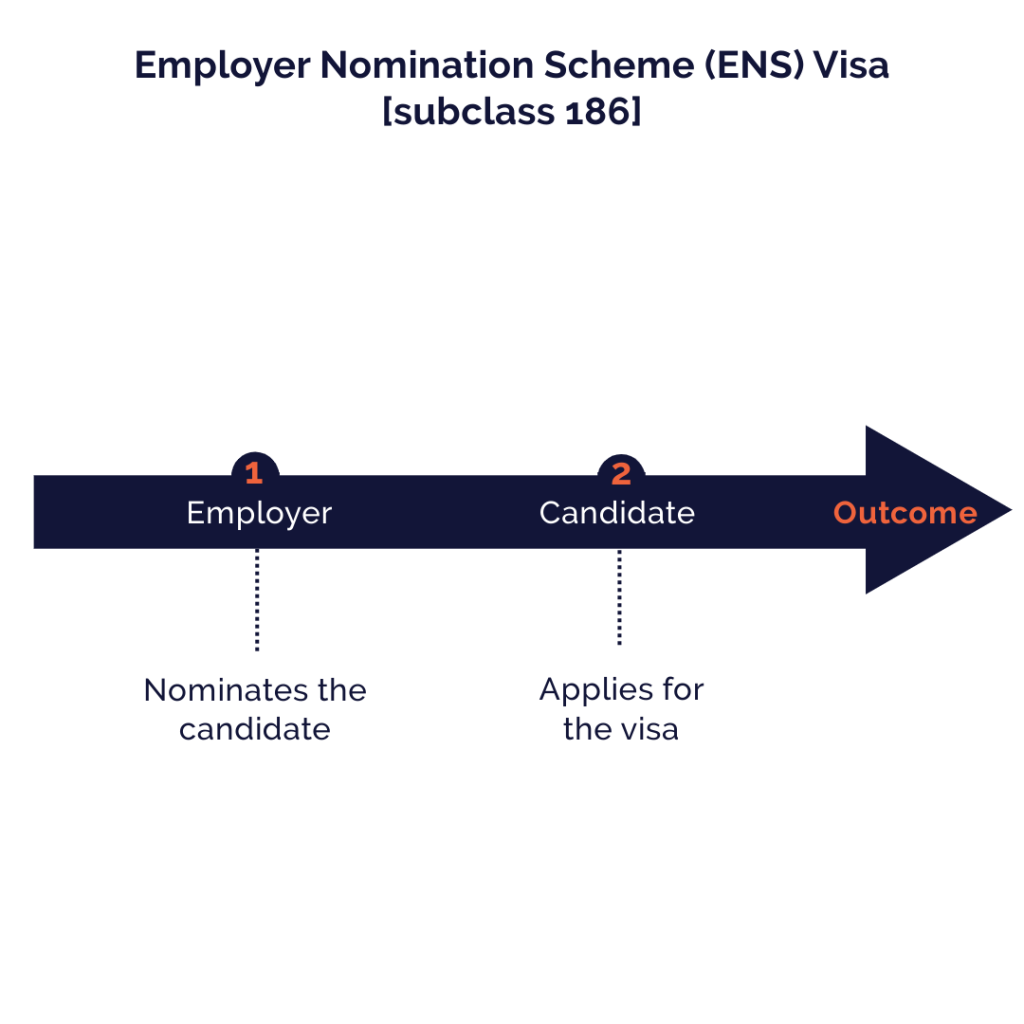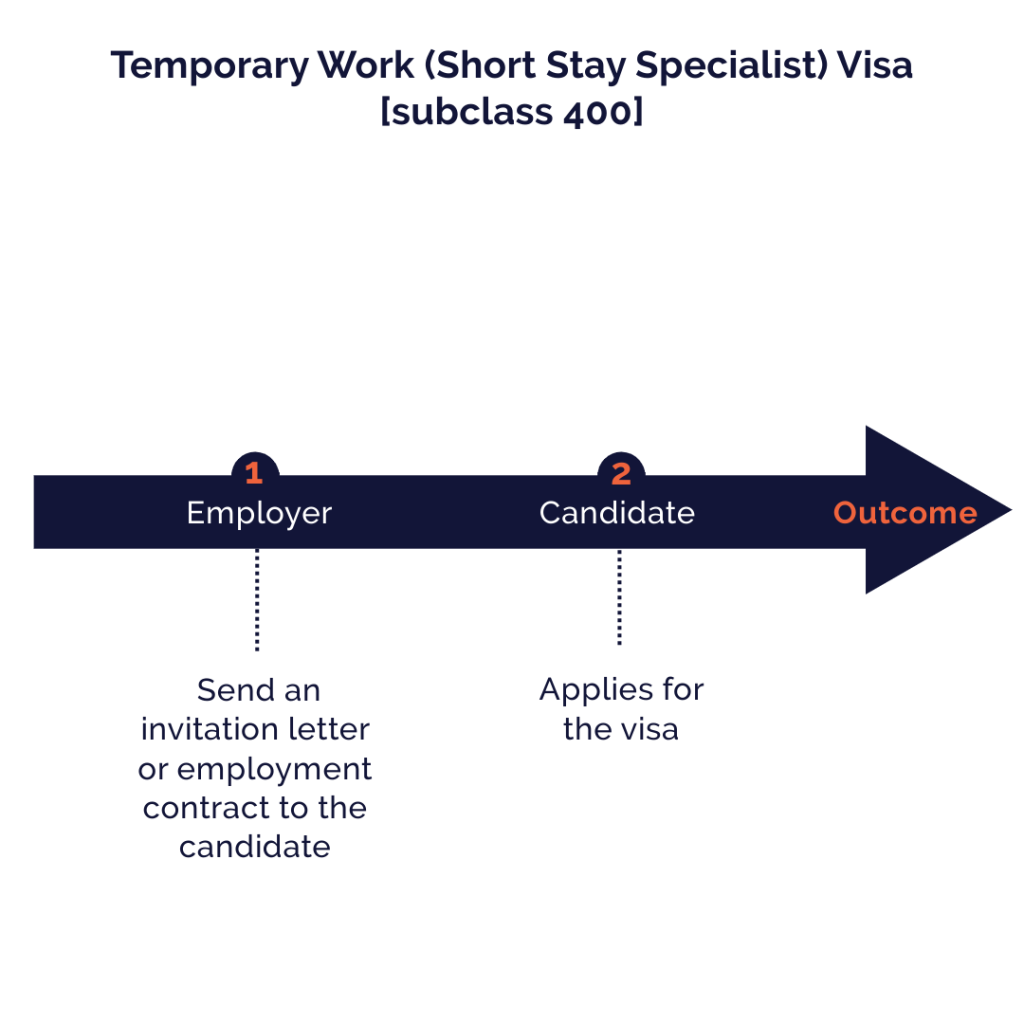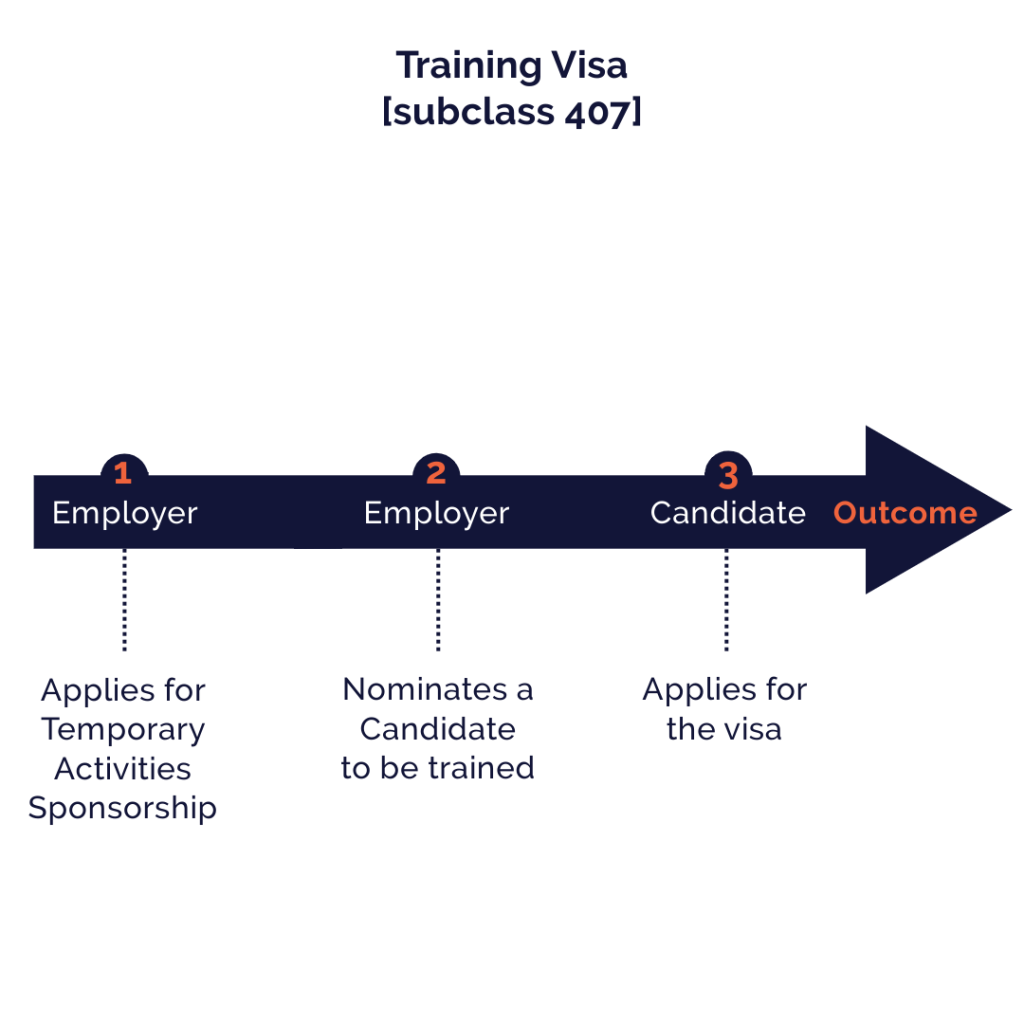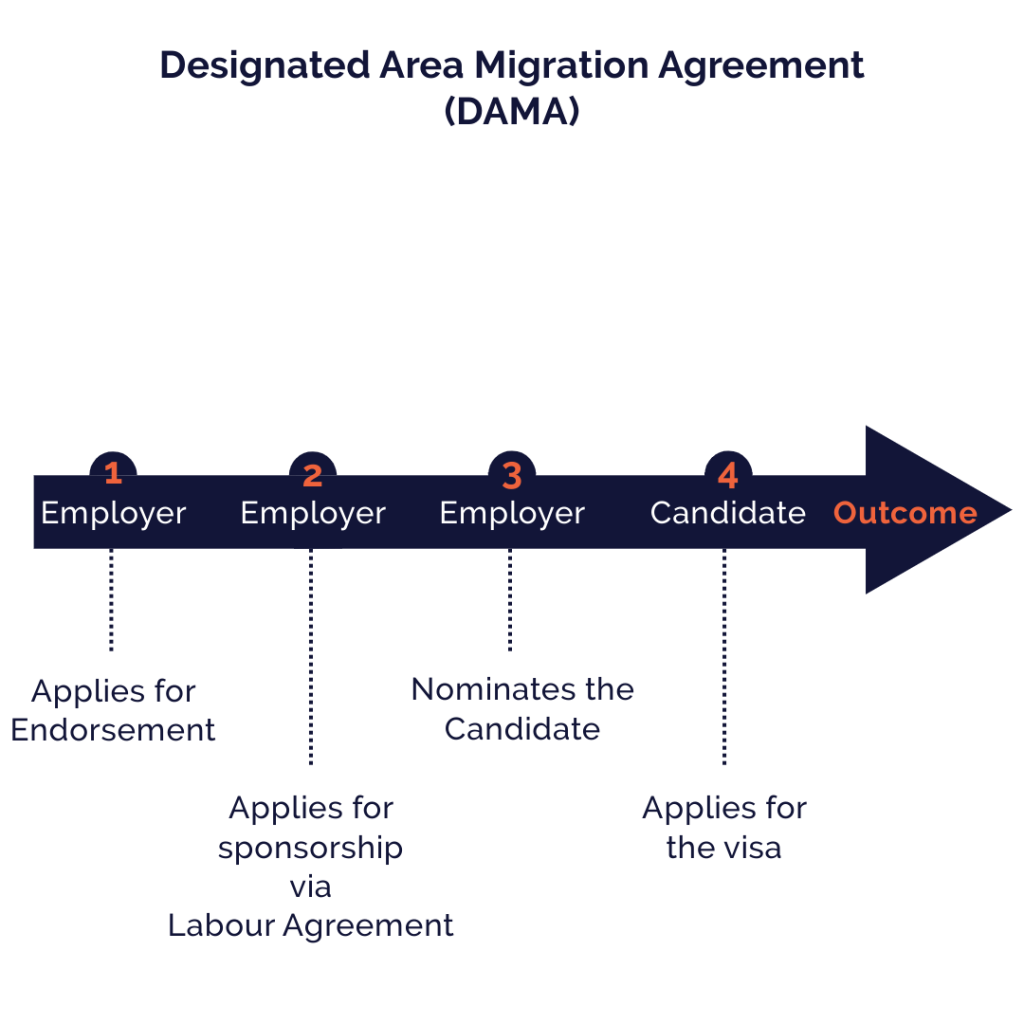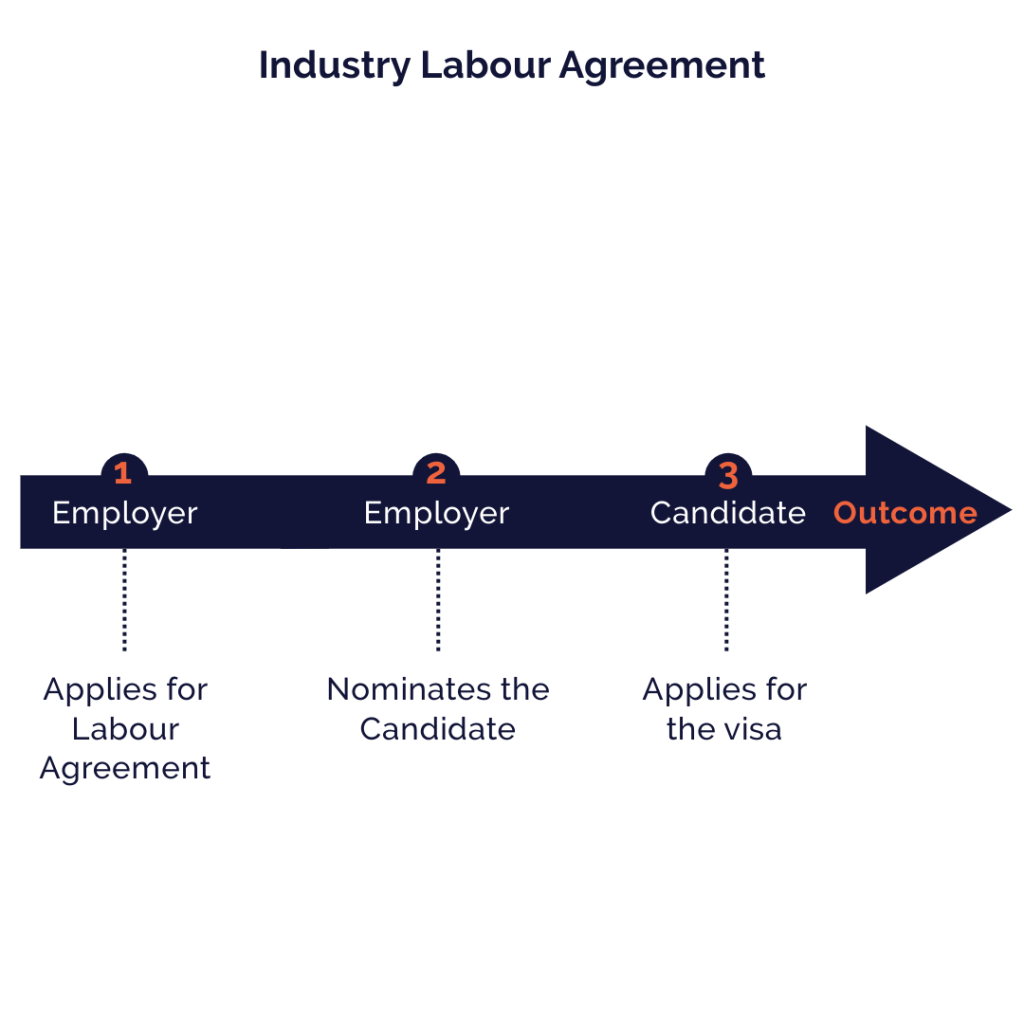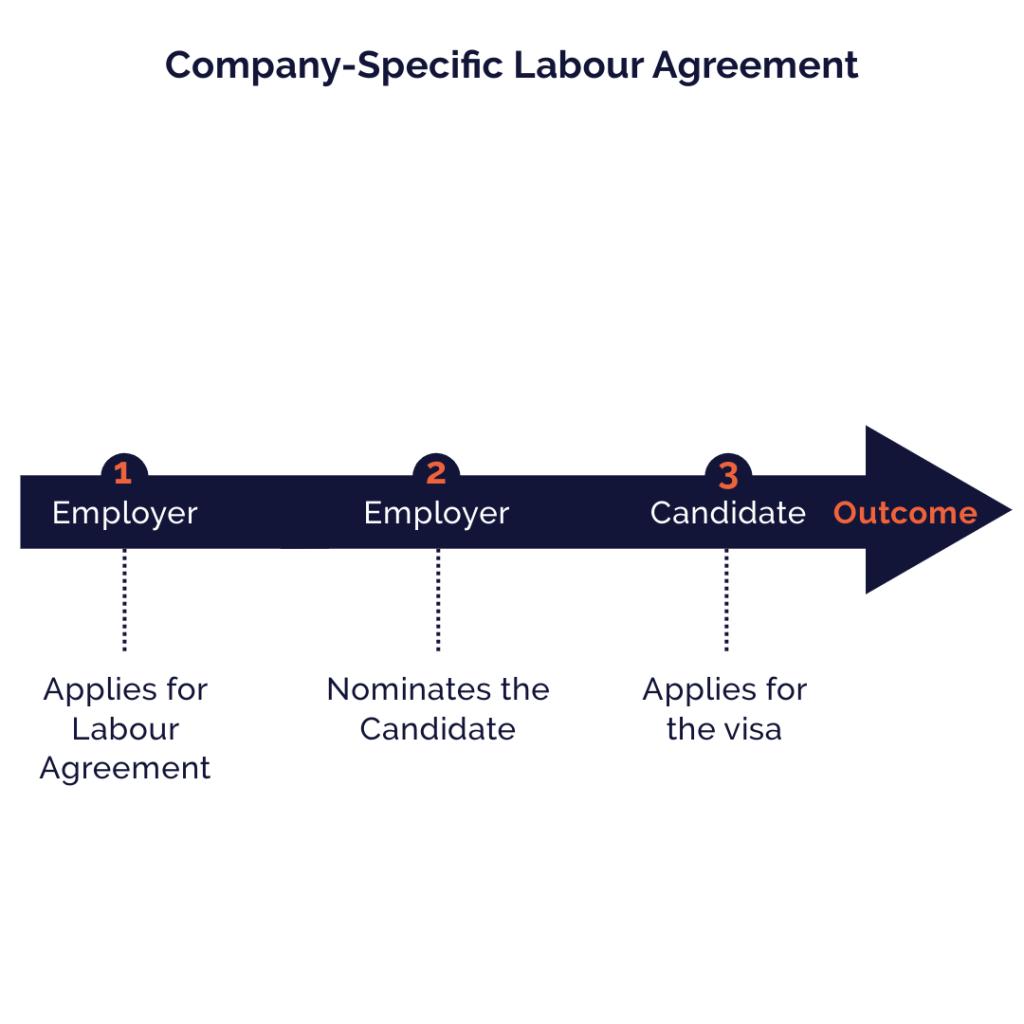Employer-Sponsored Visas
To assist businesses with their recruitment needs, we offer support for different sponsorship options tailored to meet your requirements. The current legislation provides two main types of sponsorship programs:
- Standard Sponsorship: This program follows uniform rules across Australia, allowing businesses to sponsor skilled workers efficiently.
Skils In Demand (SID) Visa [subclass 482]
Skilled Employer Sponsored Regional (SESR) Visa [subclass 494]
Employer Nomination Scheme (ENS) Visa [subclass 186]
Temporary Work (Short Stay Specialist) Visa [subclass 400]
- Labour Agreements: These are customised agreements tailored to address specific industry or regional needs, providing exceptions to the standard sponsorship program. They include:
Designated Area Migration Agreement
Industry Labour Agreement
Compliance and advisory
- Regulatory Compliance: Ensuring your business adheres to all immigration laws and regulations, avoiding potential legal pitfalls and penalties.
- Ongoing Support: Providing continuous assistance to current visa holders to ensure full compliance and that your business never misses a deadline.
- Migration Updates: Keeping you informed and prepared with continuous updates and support regarding changes in immigration policies and their impact on your business.
Migration consultancy
- Conducting Initial Consultation: Providing comprehensive assessments to determine the optimal visa strategies tailored to your business needs, ensuring the best possible outcomes.
- Preparing Applications: Streamlining the process to facilitate the preparation of your application and guiding you through each step, ensuring a stress-free journey and a decision-ready application.
- Providing Post-Approval Services: Ensuring ongoing support for a full understanding of their visa conditions, allowing your employees to maximise their contribution to your business without worrying about their migration obligations
